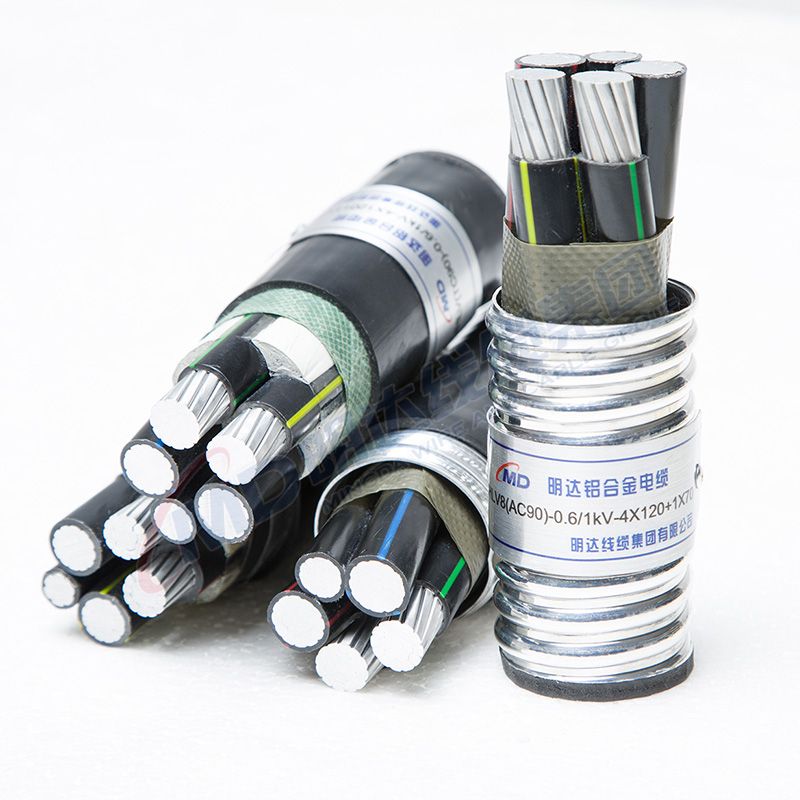Nov . 27, 2024 14:48 Back to list
High-Quality Stainless Steel Ball Valves for Reliable Flow Control Solutions
Understanding the SS Ball Valve A Comprehensive Overview
In the world of industrial applications, the significance of reliable and efficient flow control mechanisms cannot be overstated. One of the most widely employed devices for this purpose is the SS (stainless steel) ball valve. Known for its durability, corrosion resistance, and ability to handle high pressure, the SS ball valve plays a critical role in various sectors, including oil and gas, chemical processing, water treatment, and many more.
What is an SS Ball Valve?
A ball valve is a quarter-turn valve that uses a hollow, perforated, and pivoting ball to control the flow of liquids or gases. The ball’s spherical shape ensures a tight seal, providing effective flow control without leaks when it is in the closed position. SS ball valves are made from stainless steel, a material known for its exceptional strength and resistance to corrosion. This makes them suitable for use in harsh environments where other materials would fail.
Key Features of SS Ball Valves
1. Durability Stainless steel is exceptionally tough and can withstand extreme temperatures and pressures. This durability ensures a long service life for ball valves, reducing the need for frequent replacements.
2. Corrosion Resistance One of the primary benefits of stainless steel is its resistance to rust and corrosion. This characteristic is vital in industries where the valves are exposed to aggressive chemicals or saline environments.
3. Ease of Operation SS ball valves require only a quarter turn to fully open or close, allowing for quick and efficient operation. This feature is especially valuable in urgent situations where immediate flow control is necessary.
4. Minimal Pressure Drop When fully open, the flow path of the ball valve is unobstructed, leading to minimal pressure loss. This efficiency makes them ideal for applications where maintaining system pressure is crucial.
5. Versatility SS ball valves are versatile in their application and can be used for a wide range of fluids, including water, oil, gas, and various chemicals. This flexibility allows industries to standardize their valve choices across different systems.
Applications of SS Ball Valves
SS ball valves find utility in numerous applications across various industries
ss ball valve

- Oil and Gas In the oil and gas sector, these valves are used to control the flow of hydrocarbons and various gas mixtures, ensuring safety and efficiency in operations.
- Chemical Processing SS ball valves are ideal for chemical processing plants where corrosive substances are handled. Their ability to withstand harsh chemicals while preventing leaks makes them invaluable.
- Water Treatment Municipal water systems utilize these valves for managing water flow, ensuring that treatment processes run smoothly and efficiently.
- Food and Beverage Industry The sanitary design of SS ball valves makes them suitable for food and beverage applications, where cleanliness and hygiene are paramount.
Maintenance and Best Practices
While SS ball valves are low maintenance due to their robust construction, regular inspection is recommended to ensure optimal performance. Some best practices include
- Periodic Inspection Regularly check for any signs of wear, corrosion, or leaks. This proactive approach can prevent unexpected failures.
- Proper Installation Ensure that the valves are installed according to the manufacturer’s guidelines. Misalignment or improper mounting can lead to operational issues.
- Routine Operation Periodically operate the valve even if it is not in use. This helps to keep the mechanism lubricated and prevents it from seizing.
Conclusion
In conclusion, the SS ball valve is a crucial component in many industrial processes, offering reliability, efficiency, and durability. Its ability to handle various fluids and withstand harsh environments makes it a preferred choice for engineers and operators alike. By understanding the features, applications, and maintenance practices associated with SS ball valves, industries can ensure optimal performance and extend the life of their equipment. Investing in quality SS ball valves not only enhances operational efficiency but also contributes to the overall safety and effectiveness of industrial systems.
Share
-
Reliable Wafer Type Butterfly Valves for Every IndustryNewsJul.25,2025
-
Reliable Flow Control Begins with the Right Ball Check ValveNewsJul.25,2025
-
Precision Flow Control Starts with Quality ValvesNewsJul.25,2025
-
Industrial Flow Control ReliabilityNewsJul.25,2025
-
Engineered for Efficiency Gate Valves That Power Industrial PerformanceNewsJul.25,2025
-
Empowering Infrastructure Through Quality ManufacturingNewsJul.25,2025